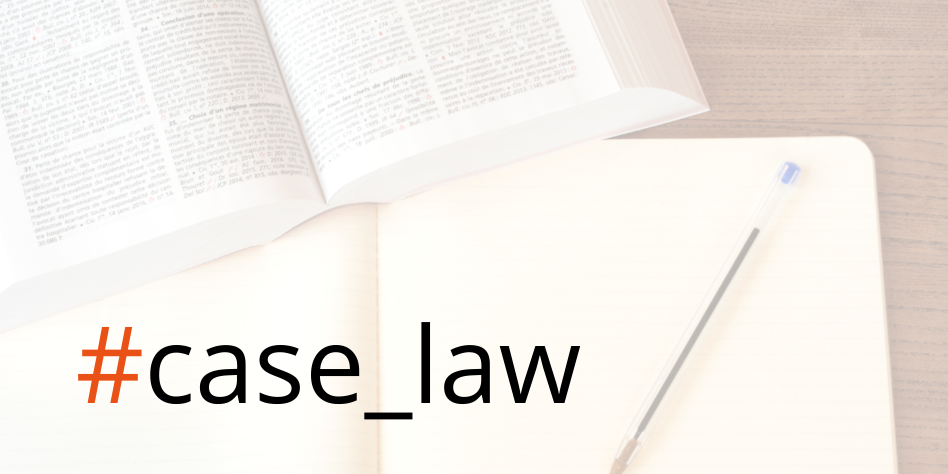
A vote cast by an unauthorized person (dismissed member of the management board) cannot be validated by the management board of the company after the voting (decision of the District Court in Poznań of March 7, 2022, X GZ 87/22)

The condition for approval of the arrangement is its earlier adoption, i.e. collecting the appropriate number of creditors’ votes “for”. The commented provision sets high formal requirements for the procedure of voting on the arrangement. According to the District Court, if the vote turns out to be invalid for reasons attributable to the creditor, there is no possibility of its validation – even if the creditor’s support for the arrangement was beyond doubt.
CIRCUMSTANCES OF THE CASE AND CONTENT OF THE JUDGMENT
By order of October 11, 2021, the court of first instance refused to approve the arrangement. In addition, based on Art. 119 sec. 1-3 pr. reasoned that it was not accepted.
Voting on the arrangement took place in three groups. The vote of one creditor turned out to be invalid, which resulted in the lack of the required capital majority.
The invalidity of the vote resulted from the fact that on the day of voting, the president of the management board of the creditor who was a legal person no longer performed his function, as he had been dismissed earlier.
Although the creditor – already properly represented – later confirmed his vote, however, in the opinion of the District Court, this action could not be validated.
In the complaint, the complainant focused on undermining the premises for assessing the validity of the creditor’s vote. The arguments presented in the complaint are based on the issue of the validity of contracts concluded by persons acting as a body of a legal person without due authorization. According to Art. 39 § 1 of the Civil Code. a legal person has the opportunity to confirm its declaration of will by a person duly representing it. In the complainant’s opinion, the creditor’s vote was covered only by suspended ineffectiveness, which could result in the possibility of validation of the vote by a duly represented creditor.
The court of second instance dismissed the complaint. It considered that the applicant’s position was inaccurate. Voting on the arrangement is a unilateral legal act. The legislator clearly indicates that a unilateral legal act performed without due authorization or exceeding its scope is invalid (Article 39 § 4 of the Civil Code). It is not possible to validate it after the meeting of creditors.
The creditor’s vote was therefore invalid and could not be taken into account when calculating the majority needed to conclude the arrangement. As a consequence, there was an absolute premise for discontinuation of the proceedings. The court of first instance showed inconsistency. In the first place, it should examine whether an arrangement has been concluded, and only then proceed to assess the admissibility of approval of the arrangement.
The arrangement was not adopted, thus there were no grounds for examining whether it could be approved. It is worth emphasizing that the mere fact of non-acceptance obliged pursuant to Art. 325 sec. 1 point 3 p.r. to discontinue the restructuring proceedings. The court of second instance changed the appealed decision in such a way that it discontinued the debtor’s restructuring proceedings.













